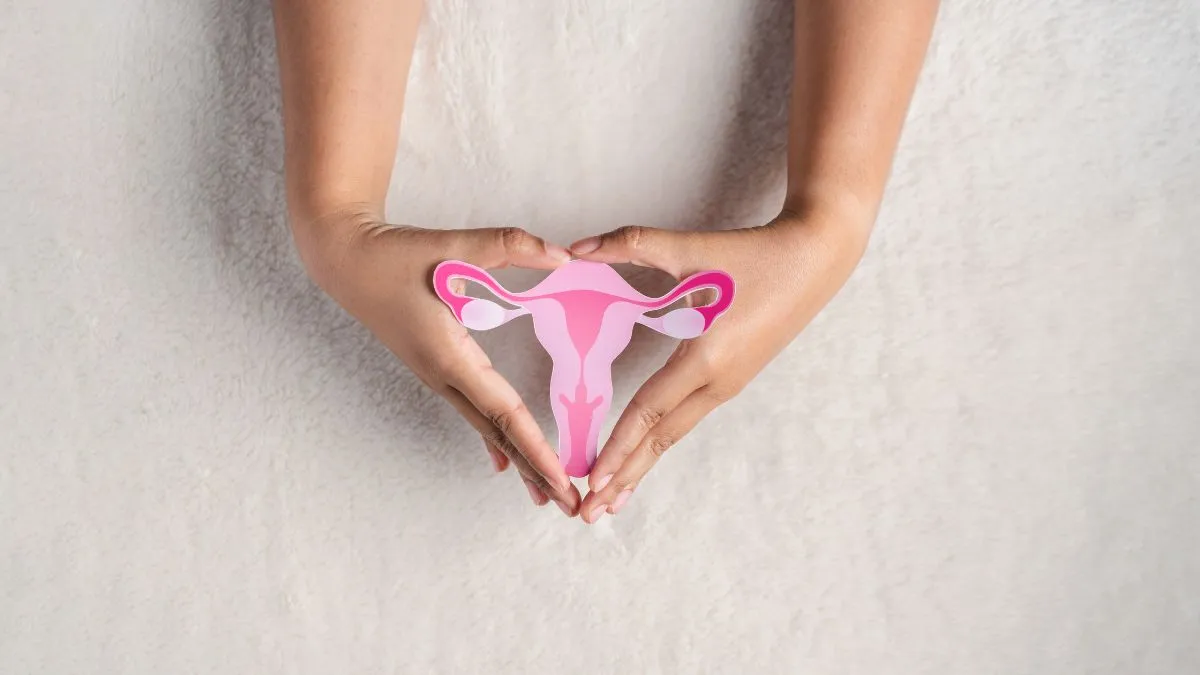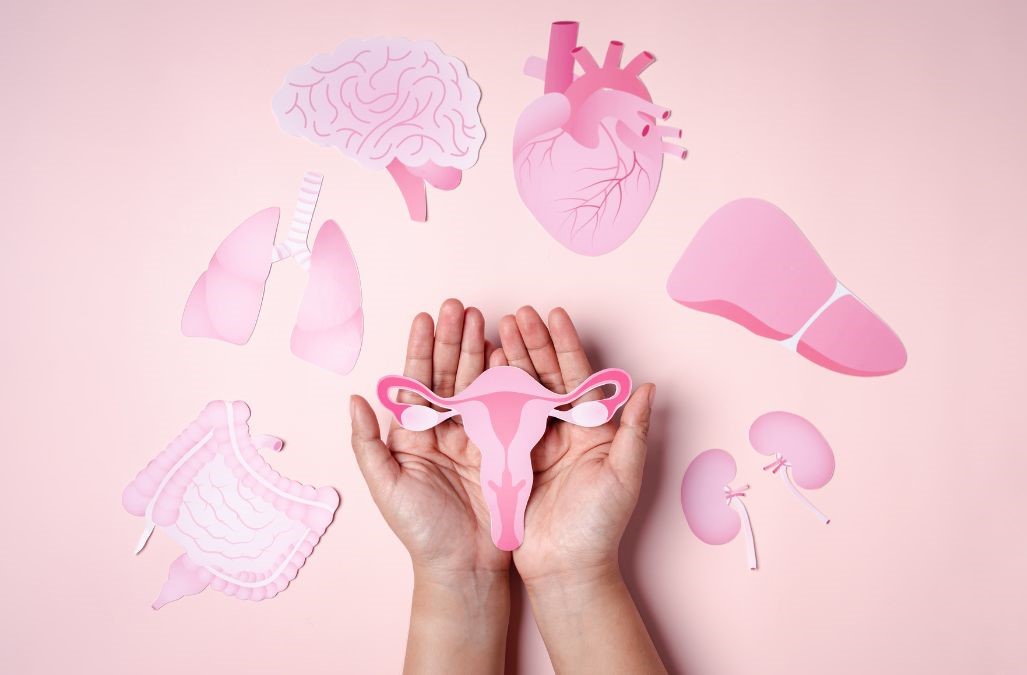
The two conditions, PCOS and endometriosis may seem similar at times because of some common symptoms, however, they are different diseases with different courses of treatment. Our expert, Dr Ravina Patel, Consultant OBGyn at Mayflower Women’s Hospital in Ahmedabad, helped us understand these differences. In this article, we will share her insights for a better understanding of the difference between the two.
Dr Patel said, “If you’ve been diagnosed with polycystic ovarian syndrome (PCOS) or endometriosis, understanding the symptoms and differences between these two conditions is critical. Both are hormonal disorders but they have distinct characteristics and require different treatments.”

A condition marked by an overproduction of androgens (male hormones), PCOS, leads to
symptoms such as:
On the other hand, endometriosis is a condition that occurs when tissue similar to the uterine lining grows outside the uterus. This overgrowth affects areas like the ovaries, pelvic walls, bladder, and more. Common symptoms include:
Dr Ravina said, “While both conditions can present with hormonal imbalances, the symptoms of PCOS lean more towards androgen excess, while endometriosis is often associated with chronic pain and reproductive challenges.”
Dr Patel said that confusing endometriosis with PCOS can lead to ineffective treatment. “Both conditions involve hormonal imbalances but their treatment approaches are drastically different. For example, PCOS is primarily managed through lifestyle changes such as diet, exercise, and medications that target insulin resistance and improve fertility. Surgery, like ovarian drilling, is only considered in severe cases. Endometriosis, however, often requires surgical intervention. If left untreated or mistaken for PCOS, the endometriotic tissue can continue to grow, worsening symptoms like pain and infertility. Incorrect treatment could also fail to address the spread of tissue outside the uterus, potentially leading to more invasive complications, such as damage to the bladder or intestines,” she added.

Talking about treatment for this condition, the doctor said, “The primary treatment for endometriosis is surgical excision of the affected tissue, typically through laparoscopy. This minimally invasive surgery removes the disease from areas like the ovaries, uterine walls, and other parts of the pelvic region.”
“In women dealing with infertility, fertility-enhancing surgery may be performed to improve the chances of conception. For pain management, hormonal therapies like oral contraceptives, progestins, or gonadotropin-releasing hormone (GnRH) agonists may be used to regulate or suppress the menstrual cycle, thereby reducing endometriosis symptoms. A better diagnosis of endometriosis can be carried out by MRI of the abdomen and pelvis. The final diagnosis of endometriosis is done using laparoscopy. Treatment for endometriosis is surgical excision of endometriosis,” she continued.
“Both PCOS and endometriosis require accurate diagnosis for effective treatment. Misdiagnosing one for the other can lead to prolonged suffering and complications. If you’re experiencing symptoms, consult a healthcare provider for a thorough evaluation, including ultrasounds, hormonal testing, and possibly an MRI or laparoscopy,” concluded Dr Patel.
Don't Miss: Periods Clotting: Educate Yourself On Menstrual Health
If you liked this story, then please share it. To read more such stories, stay connected to HerZindagi.
Our aim is to provide accurate, safe and expert verified information through our articles and social media handles. The remedies, advice and tips mentioned here are for general information only. Please consult your expert before trying any kind of health, beauty, life hacks or astrology related tips. For any feedback or complaint, contact us at [email protected].